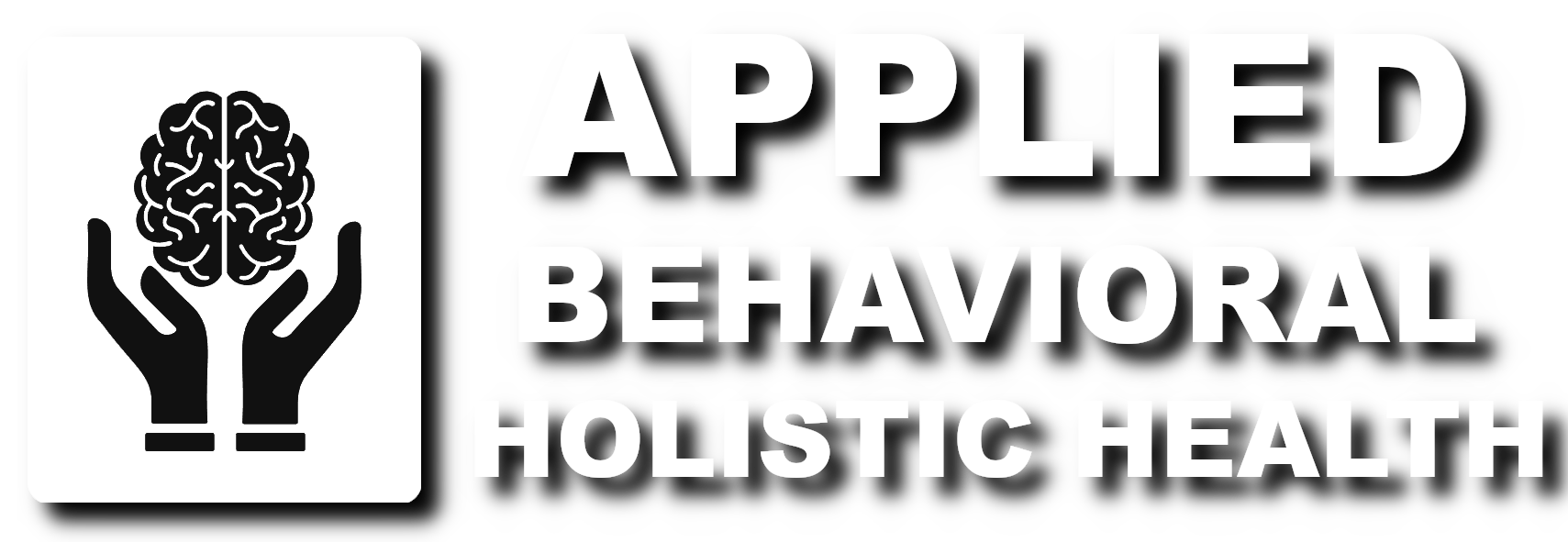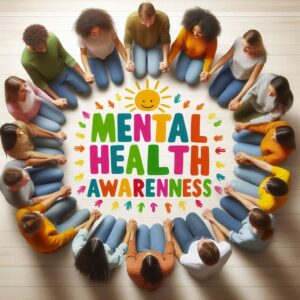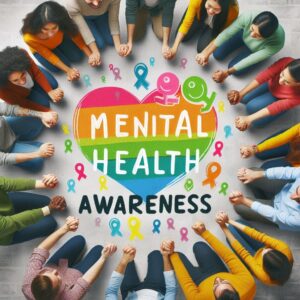“Exercise is not just for your body; it’s a powerful tool for your mind too. Find out how regular physical activity can significantly improve your mental health and get tips on how to get started.”
The Role of Exercise in Mental Health
Exercise is often touted for its physical health benefits, but its impact on mental health is equally profound. Regular physical activity can significantly improve mental well-being by reducing symptoms of anxiety and depression, enhancing mood, and boosting overall cognitive function. Understanding the connection between exercise and mental health can inspire individuals to incorporate more movement into their daily routines.
One of the primary ways exercise benefits mental health is through the release of endorphins, the body’s natural “feel-good” chemicals. These endorphins act as natural painkillers and mood elevators, helping to alleviate stress and promote a sense of well-being. Additionally, physical activity increases the production of neurotransmitters like serotonin and dopamine, which play key roles in regulating mood and emotional health.
Exercise also serves as a powerful tool for stress reduction. Engaging in physical activity helps lower cortisol levels, the hormone associated with stress. Whether it’s a brisk walk, a yoga session, or a high-intensity workout, exercise provides an outlet for releasing built-up tension and improving mental clarity. Furthermore, regular exercise can improve sleep quality, which is crucial for mental health, as poor sleep is often linked to increased anxiety and depression.
At AB Holistic, we integrate physical fitness programs into our holistic treatment plans to support mental health. Our approach includes personalized exercise regimens that cater to individual preferences and fitness levels, making it easier for patients to stick with their routines. By incorporating regular physical activity into their lives, individuals can experience significant improvements in their mental well-being, leading to a healthier, more balanced lifestyle.



